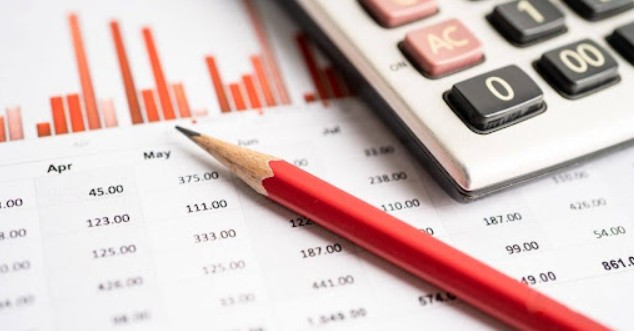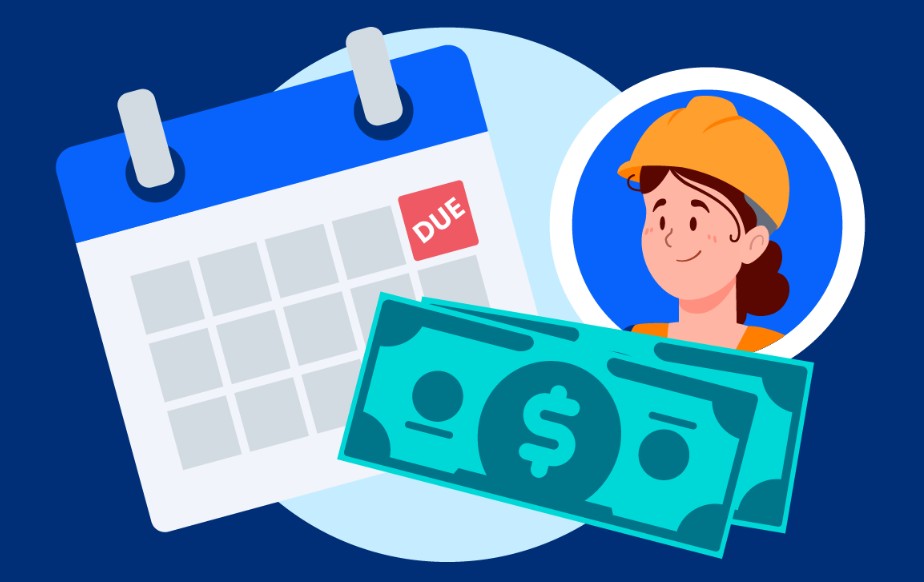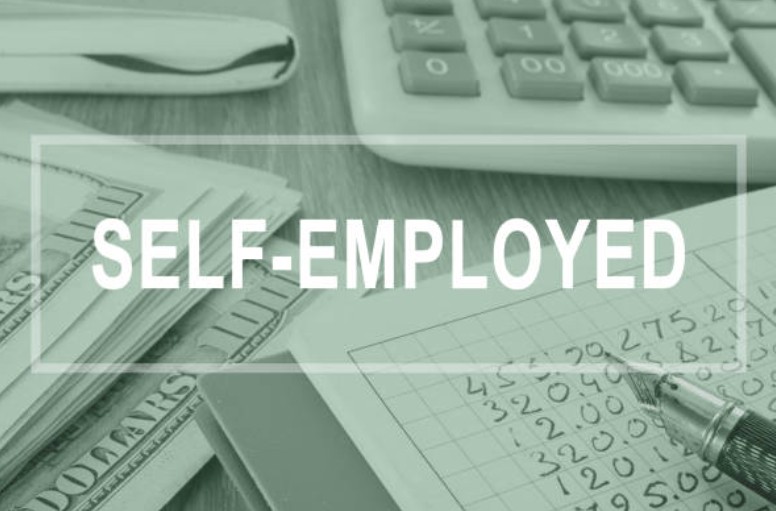Being self-employed in the UK offers a great deal of flexibility, independence, and the potential to build something of your own. But with all the advantages comes the responsibility of managing your business finances, including understanding what expenses you can legitimately claim to reduce your tax burden.
If you’re new to self-employment or have been doing it for a while but are unsure about what can be claimed back, don’t worry – we’ve got you covered! This guide will walk you through the essential expenses you can claim as a self-employed individual in the UK, what qualifies, and some tips on how to keep your tax returns smooth and straightforward.
What Does “Claiming Expenses” Mean for Self-Employed Individuals?
Before we dive into specifics, let’s first understand what we mean by “claiming expenses”. Simply put, this refers to the business costs you can subtract from your income, thereby reducing your taxable profits. Lower profits mean paying less tax. However, only certain types of expenses qualify, and they must be directly related to your business.
Why is this important?
Being self-employed means you’re your own boss, and you’re responsible for keeping track of all your income and expenses. Claiming legitimate business expenses is one of the best ways to reduce your tax liability. Essentially, it allows you to recoup some of the money you’ve spent running your business, making it easier to reinvest into your operations.
What Expenses Can I Claim as Self-Employed in the UK?
There’s a wide range of expenses that are eligible for claims. However, it’s important to understand that the expenses must be “wholly and exclusively” for your business. Here’s a breakdown of the most common and widely claimed expenses for self-employed individuals in the UK:
1. Business Premises Expenses

Whether you’re working from a rented office, a coworking space, or even from your home, you can claim certain premises-related costs.
- Rent and Utility Bills: If you’re paying rent for a business premises, that cost is fully deductible. Similarly, utility bills such as electricity, heating, and water for a dedicated office space are all claimable.
- Home Office Costs: Many freelancers operate their businesses from home. If you have a dedicated office space at home, you can claim a proportion of your household bills. This includes:
- Housing costs like rent or mortgage interest.
- Council tax
- Home insurance
- Utility bills (gas, electricity, etc.)
Tip: Only the area used for business in your home is claimable. So if your office takes up one room in a four-room house, you could claim 25% of the relevant household costs.
2. Travel and Transport Expenses
For most self-employed individuals, travel expenses can add up quickly, especially if your business involves meeting clients or working at different locations. Here’s what you can claim:
- Business Travel: If you use your vehicle for work, you can claim the cost of fuel, parking, tolls, and even repairs as business expenses. You’re allowed to claim a set rate for business travel in your personal vehicle, with HMRC currently allowing 45p per mile for the first 10,000 miles and 25p per mile beyond that.
- Public Transport: Whether you’re taking a bus, train, or even a taxi for work-related travel, those costs are deductible. Keep records such as tickets or receipts to support your claims.
Important: If you use your car for both business and personal reasons, you’ll need to apportion the costs. You can only claim mileage that is related to business activities.
3. Marketing and Advertising Costs
For a self-employed person, gaining new clients is essential to expanding and developing their business. Fortunately, many marketing-related expenses can be claimed as tax-deductible. Some examples include:
- Online Advertising: If you run ads on platforms like Google Ads, Facebook, or Instagram for your business, these costs are deductible.
- Website Costs: The costs associated with running a website, such as hosting, domain names, and even website development fees, can be claimed.
- Printed Marketing Materials: Any business-related printed materials such as business cards, brochures, flyers, or signage are also allowable expenses.
Tip: If you’re using social media for marketing, any software or tools you purchase for managing your campaigns, like Hootsuite or Canva, can also be claimed as a business expense.
4. Equipment and Tools
To run a business effectively, you’ll need tools and equipment to do your job. Fortunately, you can claim the cost of many of these items. Examples include:
- Computers and Phones: If you use a computer or phone for work, you can deduct the expenses for these devices, as well as any necessary software required to operate your business.
- Business Tools: Any equipment required for your trade (e.g., a camera for a photographer or a laptop for a freelance writer) can also be claimed. When equipment is utilized for both business and personal purposes, only the portion used for business can be claimed as a deduction.
Example: If a laptop is used for work 60% of the time, you are eligible to deduct 60% of its purchase price as a business expense.
Are There Any Restrictions or Limitations on Business Expenses?
Can You Claim Personal Items Used for Business?
If you use personal items for business, you can claim a portion of the costs, such as for a phone used for work calls. However, you will need to apportion the costs depending on how much the item is used for business versus personal use.
Example: If you use your phone for work 70% of the time, you can claim 70% of its costs.
What About Subcontractors and Employees? Can You Claim Their Costs?
1. Subcontractor Payments

If you hire subcontractors or freelancers for specific work, the payments you make to them are fully deductible as business expenses. However, you must ensure that you have all the necessary documentation, such as invoices or contracts, to substantiate the claim.
2. Employee Costs
If you employ people to help with your business, you can deduct their wages, National Insurance contributions, and pension contributions from your taxable income. Expenses for enhancing your employees’ skills through training can also be included as eligible claims.
Do You Need to Keep Records of These Expenses?
Why is Record-Keeping Crucial?
Keeping accurate and detailed records of your business expenses is vital. Without this, you may find it difficult to justify your claims if HMRC questions them. To prevent future issues, make sure you take the necessary precautions early on.
- Keep receipts for all expenses.
- Utilize digital tools like financial software or custom spreadsheets to monitor and manage your spending.
- Store digital and paper records for at least five years, as this is the length of time HMRC can potentially ask to see your records.
How Can I Reduce the Risk of HMRC Auditing My Claims?

How to Stay Compliant
While it’s perfectly legal to claim legitimate business expenses, you want to avoid the risk of an audit. This is how you can minimize the potential risk:
- Be Transparent: Only claim expenses that are genuinely business-related and have receipts or proof to back them up.
- Don’t Over-Claim: Avoid inflating the numbers – make sure your claims are realistic and reflect actual costs.
- Consult a Tax Professional: If you’re unsure about what’s deductible, it’s wise to consult a professional who can guide you and ensure your claims are in line with HMRC regulations.
Can You Claim for Something Like Clothing or Meals?
What About Clothing for Work?
Generally, you can’t claim for everyday clothing, but if your business requires you to wear a uniform, protective gear, or any branded clothing, then those costs are deductible. For example, if you work in construction or healthcare, the cost of safety boots or scrubs can be claimed.
What About Meals?
Meals can be claimed if they’re incurred while you’re traveling for business or when meeting clients. However, you can’t claim for regular meals that are part of your day-to-day routine.
What If You Make a Loss in Your Business?
If your business ends up making a loss in a given year, you may be able to use that loss to offset other income (like salary or rental income) and reduce your overall tax bill.
Wrapping Up: Maximising Your Self-Employed Claims
To sum up, understanding what expenses you can claim as self-employed individuals is essential for minimising your tax liabilities and maximising your profits. By claiming the right expenses, keeping clear records, and following HMRC guidelines, you can reduce your taxable income and keep your business running smoothly.
Key Takeaways:
- Only claim business-related expenses, and keep all receipts and records.
- Be mindful of the rules around home office claims, travel expenses, and equipment.
- Consider consulting a tax advisor to ensure you’re fully compliant with the latest tax laws.
Staying organised with your claims will ensure you can focus on growing your business, not stressing over taxes!
Frequently Asked Questions (FAQs)
1. Can I Claim for My Home Office If I Work from Home?
Yes, if you have a dedicated space at home used exclusively for work, you can claim a proportion of your household costs. This could include rent or mortgage interest, council tax, utilities, and even home insurance.
2. Can I Claim Travel Expenses If I’m Not Using My Car?
Yes, public transport and taxi fares that are directly related to your business activities are deductible. Just ensure you keep receipts for proof.
3. What Happens If I Don’t Keep Receipts for My Expenses?
Without receipts or other proof, you might not be able to claim the expense. HMRC can disallow the expense and may even impose penalties, so it’s vital to keep records.
4. Are There Any Expenses I Can’t Claim?
You can’t claim personal expenses or anything unrelated to your business. For example, clothing that you wear for personal purposes, or groceries for your personal use aren’t deductible.

Leave a Reply